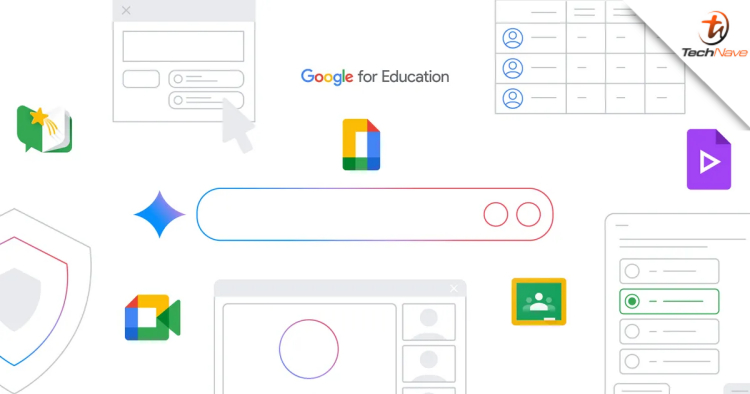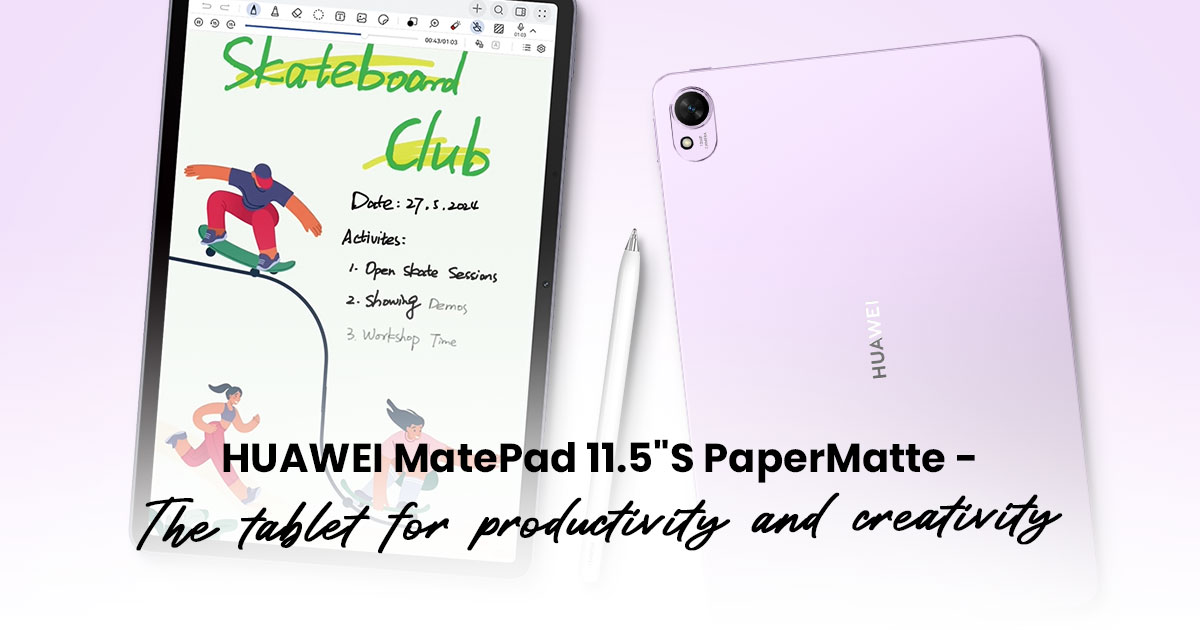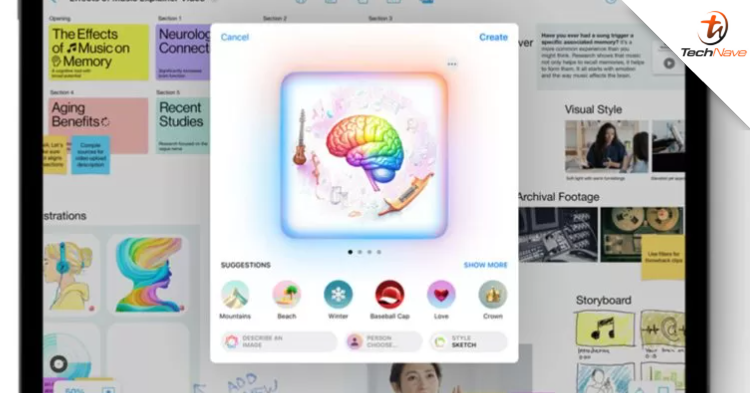
Previously it was reported that Artificial Intelligence or AI basics would be taught to primary school children in Malaysia in 2027. However, Google recently announced Gemini and other AI tools for Google Workspace for Education. While they are available for schools with Google Classroom, they are turned off by default and have to be activated by administrators before they can be used by students.
This rollout spans over 100 countries, and is targeted at students aged 13 and above along with educators. However, if you’re under 18 you can only use the Gemini web app in English. The interesting thing is that since Malaysia introduced the Digital Educational Learning Initiative Malaysia or DELIMa back during the COVID pandemic, this also means that technically our Malaysian students could also get access to the Gemini AI for FREE right now if school administrators activate it.
However, with Malaysian schools still grappling with DLP or Dual Language Programs (for those who don't know, this is basically teaching maths and science classes in English), it seems very much like we're just not ready for it. As such, we took a closer look at it to discuss what Malaysian schools need to clear to handle Gemini for Google Workspace for Education Now.
What AI roadblocks does Malaysia need to clear?
Make no mistake, there are a lot of challenges and roadblocks ahead for teaching AI in schools, particularly for Malaysia. However, these were the ones that stood out the most for us:
- Clear rules and regulations on AI in Education ~ Currently, there's no existing framework for using AI responsibly in Malaysian classrooms. Developing clear guidelines will ensure ethical use of AI tools and protect student data.
- Teachers who know how to use, evaluate and encourage ethical AI use ~ Educators need training on how to use and assess AI tools effectively. This goes beyond basic functionality; teachers should be able to critically evaluate the information AI generates and guide students towards responsible AI use.
- Faster and more stable Internet for Schools ~ AI applications rely heavily on a stable and fast internet connection. Schools with slow or unreliable internet access might face limitations in utilizing Gemini to its full potential.

It's time to scramble faster
Falling Behind or a chance to Leapfrog Forward?
Overall, these are just the basic things that need to be drafted, ratified and cleared as soon as possible. If they aren't, we fully expect that other nearby countries that also have access to Gemini for Google Workspace for Education to take full advantage of this. Our Malaysian students who are already considered behind by some parties will be even more behind students from other countries than they are now... or we can scramble a bit faster for a chance to leapfrog forward ourselves.
While these challenges exist, they shouldn't completely halt progress. Here's how Malaysia can approach Gemini:
- Pilot Programs: Open access for interested administrators, teachers and high school or university students to create a pilot group in testing Gemini. This would allow them to identify potential issues, and help develop regulations faster.
- Infrastructure Upgrade: Seems like we may soon get complete 5G coverage? Once we do so, we should consolidate by prioritizing internet infrastructure improvements in schools to ensure smooth operation of AI tools.
By addressing these challenges, Malaysia can ensure responsible and effective use of AI in classrooms. This could not only bridge the gap with other countries but also position Malaysia as a leader in AI-powered education. FYI, Google has already created various learning and teaching resources for AI. We’ve also made a guide on how to properly use Generative AI for work and writing.
What do you think? Would you trust your child with Google’s Gemini AI? Fancy trying it out for yourself too? Share your thoughts in the comments below and stay tuned to TechNave.com.











COMMENTS